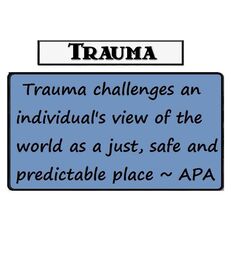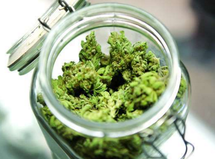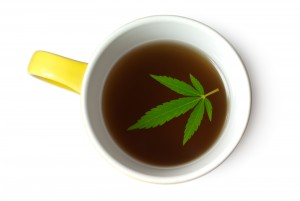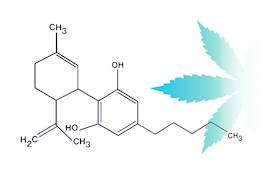|
The lifetime prevalence of post-traumatic stress disorder (PTSD) ranges from 6.1 to 9.2 percent of the general population. Does past trauma cause trouble sleeping? Yes.
A new Israeli study published in the Journal of Anxiety Disorders assesses the association between PTSD, Medical Cannabis use, and sleep. After a traumatic experience, 80-90% of people suffer from sleep disturbances. Nightmares and frequent or early awakening are common. People with sleep disturbances caused by PTSD are likely to worsen their PTSD, potentially experiencing suicidal ideations, inflicting self-injury, and becoming disabled. Some pharmaceutical medications are effective for improving sleep in people with PTSD. However, research on Cannabis use and PTSD is limited. There’s some evidence that THC reduces the occurrence of nightmares and improves sleep quality in patients with PTSD. As well, some animal studies indicate that CBD improves sleep. Typically, studies evaluate low dose, single molecule extracts or synthetic cannabinoids. However, Cannabis is more than THC or CBD. A recent study by Dr. Sue Sisley examined the effects of smoked Cannabis flowers and PTSD. The study was randomized, double-blinded, and placebo-controlled. However, it didn’t demonstrate any improvement in sleep. How could this be? The accounts of thousands of patients Cannabis can’t be wrong. Dr. Sisley’s study involved participants who are long term Cannabis users. During the study, they reported Cannabis withdrawal symptoms, indicating that the controlled dosage of the study was likely too low. The Israeli study was conducted differently. Rather than control the amount used, participants were asked to keep a diary of their daily Medical Cannabis use. On average the Cannabis used by participants had higher THC levels (18%). As for the conclusion, Medical Cannabis users demonstrated a shorter time to falling asleep, less nightmares, and less early awakening. Furthermore, those who used Cannabis with a higher CBD content were less likely to wake up early. Randomized, double-blind, placebo-controlled trials are generally considered the gold standard in single agent pharmaceutical drug discovery. However, the study of herbal Cannabis needs a paradigm shift. Real world Cannabis users have never relied on single agent cannabinoids in controlled fashion. Their herbal Cannabis use ranges widely from a few puffs to consuming a full gram or two. These contrasting studies highlight an important conclusion about Cannabis research. Controlled trials are not the best way to initiate studies on Cannabis. Non-interventional studies where participants are permitted to dose themselves have more external validity, meaning they reflect what is happening in the real world. Herbal Cannabis has helped patients with PTSD tremendously; particularly those with insomnia and nightmares. Studies are best used to understand how herbal Cannabis works not if it works. Real world evidence, like the Israeli study, demonstrates that Cannabis works. |
AuthorJean Talleyrand, M.D., Archives
September 2023
Categories |
Mailing Address: MediCann 1336 Willard Street, C • San Francisco, CA 94117
Important Disclaimer!
The information contained in this site does not intend to replace any medical advice or care by a trained physician.
Any use of this information is solely the the responsibility of the user.
Important Disclaimer!
The information contained in this site does not intend to replace any medical advice or care by a trained physician.
Any use of this information is solely the the responsibility of the user.
© COPYRIGHT 2015. ALL RIGHTS RESERVED.


 RSS Feed
RSS Feed


